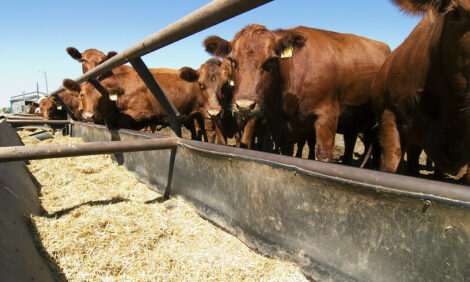



Report Says Dairy Imports to Continue Rising
CHINA - Imports of dairy products to China will continue to rise over the next 10 years, although at a slower pace, according to a report released on Thursday.It is estimated that China will import 14.2 million metric tons of dairy products this year, an increase of 11 per cent over last year, according to the report, China Agricultural Outlook (2017-26), which was released by the Ministry of Agriculture.
Spurred by factors such as rising demand and higher domestic costs, dairy imports will exceed 19 million tons by 2026, an increase of about 50 per cent over last year, the report said.
Over the past decade, imports grew at an average 14 per cent annually.
Domestic production is predicted to reach 44.7 million tons in 2026, an increase of 19 per cent over 2016, the report said.
Demand for milk powder and liquid milk in China - produced at home and abroad - will keep increasing with the expected rise in the number of newborns following the implementation of the second-child policy, and the growing number of people older than 60.
Demand for imported milk powder may increase at a slower rate because of the Chinese government's efforts to revive the domestic dairy industry, the report said.
It also predicted a steady increase in the output of major agricultural products in China over the next 10 years, including wheat, vegetables, fruit and aquatic products.
Imported milk powder accounted for about a third of the market in China in 2007, but reached nearly 60 per cent in 2012, according to media reports.
Authorities took a number of measures to restore public confidence in domestic milk after melamine-tainted baby formula caused at least six infant deaths and sickened another 300,000 in 2008. The Food Safety Law was revised in 2015 to require that all batches of baby food be inspected before they are sold.
Last year, food and drug authorities in China inspected 2,532 batches of baby formula, and only 1.3 per cent fell short of standards, Bi Jingquan, chief of China Food and Drug Administration, said at a news conference in February.
TheCattleSite News Desk


